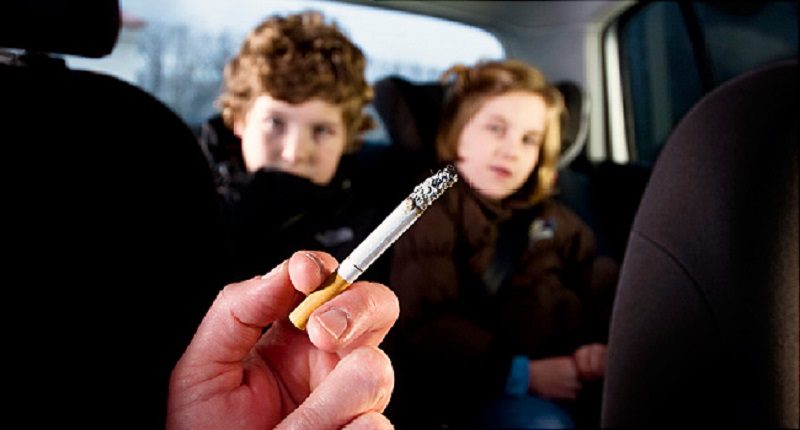When parents smoke, their kids may face a higher risk of a common heart rhythm problem decades later, a new study suggests.
Researchers found that adults who grew up with smokers were more likely to develop atrial fibrillation, versus those with nonsmoking parents.
Atrial fibrillation (or “a-fib”) is a heart arrhythmia in which the atria — the heart’s upper chambers — periodically quiver instead of contracting normally.
A-fib episodes are not immediately life-threatening, but over time they can lead to a stroke or heart failure.
“It’s pretty well-established now that smoking is a risk factor for atrial fibrillation,” said Dr. Gregory Marcus, the senior researcher on the new study.
Much less is known about whether secondhand smoke can raise the risk. But in an earlier study, Marcus and his team found hints that childhood exposure to secondhand smoke might contribute to a-fib.
The new study bolsters that evidence. It was published online Sept. 23 in the Journal of the American College of Cardiology.
The researchers used data from two large health studies that followed families over two generations. That, Marcus said, gave them reliable information about parents’ smoking habits — and their adult children’s exposure to secondhand smoke when they were growing up.
Of more than 2,800 adult offspring, about 14% were diagnosed with a-fib over 40 years. That risk, the study found, rose in tandem with their childhood exposure to parents’ smoking.
For every pack of cigarettes parents smoked per day, their children’s risk of eventually developing a-fib rose by 18%, the investigators found.
Of course, parents who smoke may also have kids who smoke, Marcus noted. And that was often true in this study. Those smokers, in turn, had a 32% higher risk of a-fib than nonsmokers.
Still, that appeared to explain only part of the link between parents’ smoking and their kids’ a-fib risk.
“That suggests there may be something about secondhand smoke exposure, itself, that contributes to atrial fibrillation,” said Marcus, a professor of cardiology at the University of California, San Francisco.






